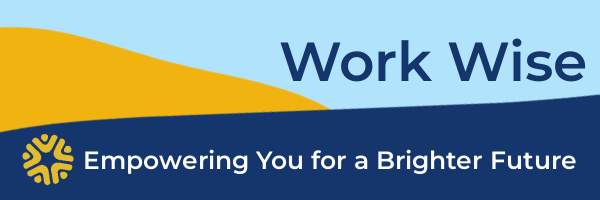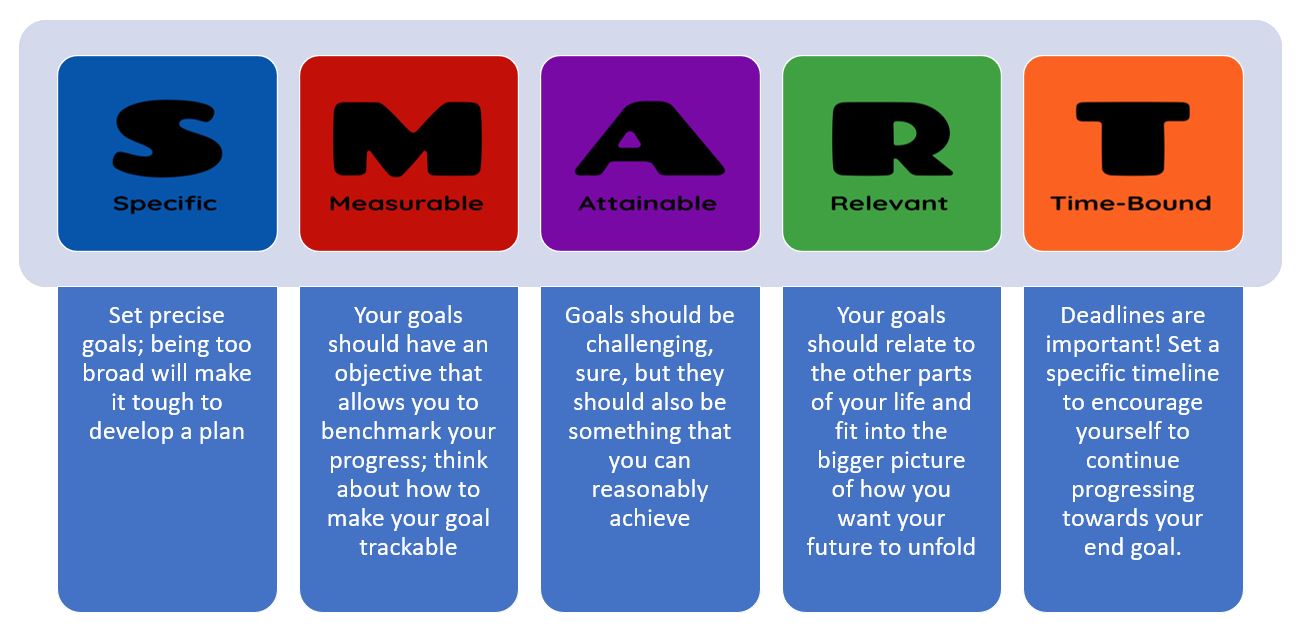Advance Your Opportunities: Education and Goal Development
Thinking of Advancing your Education or Employment?
Having goals is important in life, and to achieve certain goals there may be milestones to hit along the way. Although not every person's path will be the same, everyone can benefit from developing some concrete goals and thinking through the steps it would take to successfully reach that target.
For example, a person without a high school diploma or equivalent who may want to enroll in a trade school to become an electrician, should write the out the steps it would take to accomplish this goal.
- Step One- Find a local place to enroll in HI Set classes.
- Step Two- Obtain a GED or HI Set. Give yourself time to study, especially if you’ve been out of school for a while.
- Step Three- Get connected with a local institution who offers courses for trade schooling. MSU Billings’ City College, for example.
- Step Four- Complete education and let your new journey begin!
Obviously not everyone will have the same goals around employment or education, so it is important to tailor it to you and your life. Read on to find more about the SMART model of goal development, acquiring a GED, and applying to college in Billings, Montana.
The SMART Model
A great system for goal setting is the SMART goal model. A clever acronym to help you easily remember this goal-development strategy, SMART goals are Specific, Measurable, Achievable, Relevant/Relevant, and Time-Bound.
Achieving your GED/ HiSET
Obtaining a GED/ HiSET can be an important component when reentering the workforce. Some jobs require a highschool diploma or equivalent, so obtaining your GED or HiSET (both considered to be highschool diploma equivalents) can open the door to different--and sometimes better paying--kinds of jobs. Some states have one test or the other, so do a bit of research to see which option is offered where you live.
In Montana, the HiSET test is offered state-designated testing centers (and proctered online), but not the GED. Visit HiSET's website for more detailed information, but read on to discover the basics of how to prepare and earn your HiSET.
Taking the GED/HiSET: How to Prepare and What to Expect
The GED/HiSET tests you on five subjects: Writing, Reading, Social Studies, Math, and Science, with each subject comprising a different test.
Consider taking a preparation course to help get ready, especially if you've been out of school for a while.
- Many places offer preparatory courses: In Billings, the Billings Adult Education program at the Lincoln Center provides preparation courses for these exams. Check your local community resources to see if there are any options in your area.
- Free, online courses like those offered by USAHello can also be a good option to help you prepare. There are also options for more extensive online preparation courses if you have the money to pay for them.
- You can also take advantage of a free HiSET practice tests through websites like Essential Education to find out what to study in order to pass.
- Many communities also have organizations with grant opportunities to help offset the costs associated with earning the GED/HiSET or other types of credentials. Family Services in Billings offers an "Education for Better Employment" program that provides financial help of this kind.
Requirements and Pricing for the HiSET
Unfortunately, there is a cost associated with obtaining your GED/HiSet, despite the existence of free prep resources. In most cases, the exams themselves cost money to take. The price can range from $75-about $120 depending on where you are taking your test.
- In Billings, the Billings Adult Education program at the Lincoln Center provides the tests for a total of $75 ($15 per subject) but there is also an option
to take the tests online for an increased price.
- You will need a form of picture ID (a driver's license) to take the exam along with an email address.
- You also must be a resident of Montana.
- You must be 19 years of age or older (although age waivers are available for 16-18 year olds under certain circumstances.
Next Steps: Is a College Education Right for You?
If you already have a highschool diploma or equivalent, you might consider whether further education could help you achieve your goals. Its important to remember that not all college programs entail a four-year degree program. Community college and vocational programs can offer a pathway to a better paying and more satisfying career, too.
For more on local opportunities to continue your education, check out:


